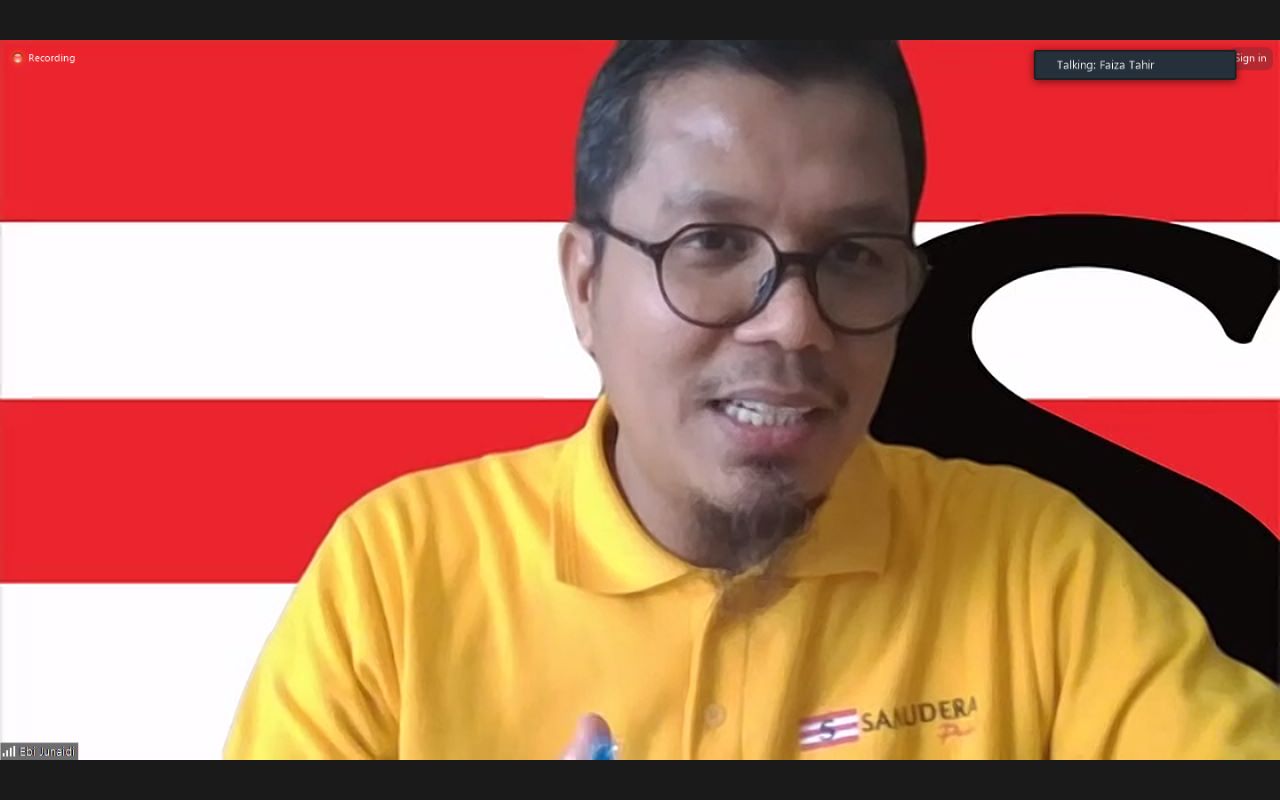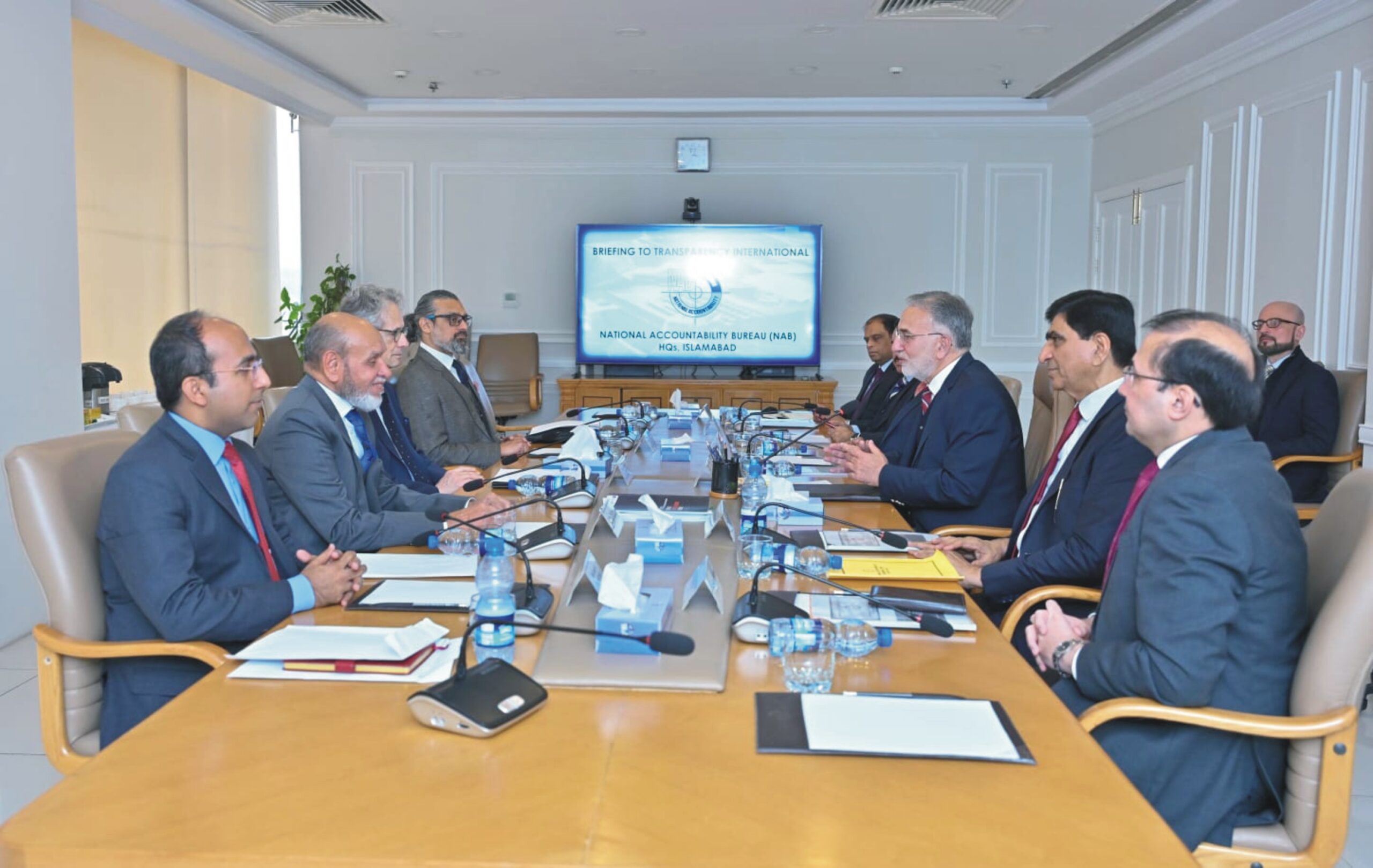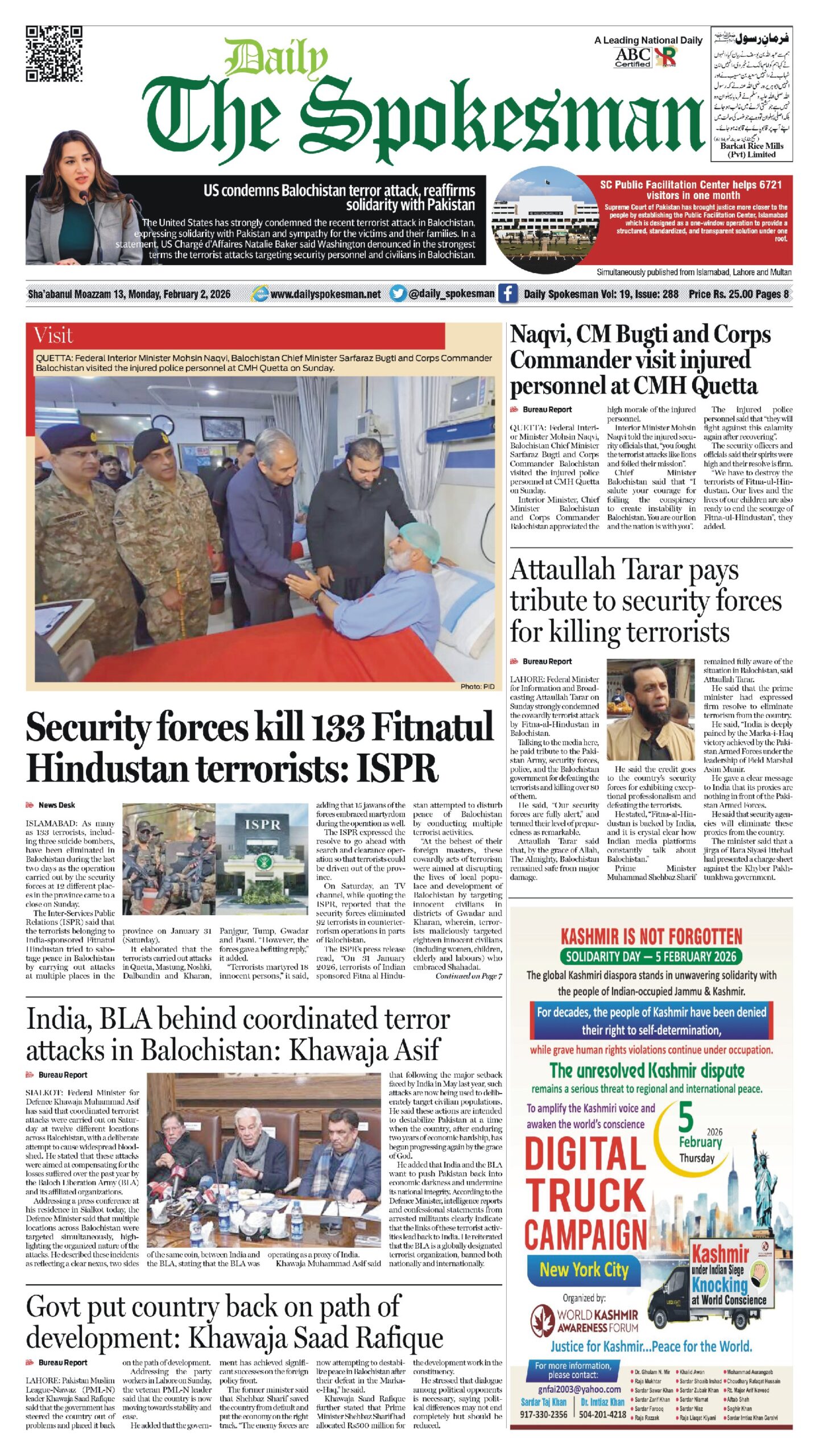
Spokesman Repot
Islamabad: As the sole trillion-dollar country in SouthEast Asia and a G-20 member, Indonesia offers substantial development potential for Sharia-based financing and the booming halal industry, which includes food, tourism, fashion and banking.
This was stated by Dr. Ebi Junaedi from the University of Indonesia who spoke at the 6th session of the Online Internship Program, discussing Indonesia’s potential in Sharia Economy and Halal Market. The OIP, a collaboration between the Indonesian Embassy and Bahria University, aims to highlight modern Indonesia’s key aspects for mutual learning and development of ties between Indonesia and Pakistan.
“Ranked 14th in area, 4th in population, 16th in GDP, and 28th in exports value with USD 320 billion export value last year, Indonesia is world’s largest Muslim population and a robust and growing middle-income consumer market,” Dr. Ebi Junaedi enlightened the participants when giving an overview of the country.
The speaker mentioned that Indonesia in 2022, was ranked 4th among the top global Islamic Economy indicators. Moreover, it was also ranked 6th in Islamic finance, 2nd in Halal food, 3rd in modest fashion and 9th in Pharma and cosmetic categories, he added.
“A promising landscape for Islamic Finance and Halal Industry was optimizing Indonesia’s potential towards becoming a developed country” the speaker expressed his optimism in his projection.
Indonesia continue to demonstrates a relatively high score in social capital which refers to the benefits and advantages gained from social connections, trust, cooperation, shared norms and values within a society, he explained.
He said that Millennials, GEN-Z and Social Media are shaping the halal future market in Indonesia as over 70% in Indonesia rely on social media to find out about new halal food. As of January 2021, Indonesia ranked third after China and India by reaching 170 million users on social platforms “Millennials Gen-Z with 55% percent total population represents potential consumers of the Islamic finance and the halal industry in Indonesia” the speaker highlighted.
In his presentation Dr. Junaidi also highlighted that in the global halal market industry of USD292 billion Indonesia ranked 10th adding that Indonesia’s global market prospects were bright given that the halal industries of processed food and beverages, fashion & apparels and medicines & cosmetics were experiencing high growth both domestically and internationally.
The speakers said that challenges faced by Islamic and Halal products include certification costs, international collaboration, dependence on imported raw materials, market access and technological support despite high domestic and export demand.
While presenting comparison of Islamic Banks to the conventional banking industry, Dr. Ebi mentioned that though the Islamic financial assets in Indonesia were modest and stood around 11 percent but it was steadily growing and emerging competitive.
He said that Indonesia’s Sukuk market shows faster growth compared to the banking sector and it has risen from 6% in 2014 to 15.8 in 2021 and it is the 20% of the global sovereign Sukuk market which aligns with the government’s policy to increase financing through bonds.
However, he stressed that Indonesia needs to double its efforts to catch up with other countries by improving financial performance, governance and maintaining sustainability while creating more awareness and knowledge.
Regarding key factors driving Islamic finance development in Indonesia he said that “Unique characteristics of Islamic finance, macroeconomic and structural reforms, financial literacy and consumer satisfaction were among key factors that were driving Islamic Finance Development in Indonesia”.
In the Q & A session the speaker said that the Indonesian government aims to strengthen the sharia economy by establishing milestones, focusing on legal aspects, Islamic financial literacy, stakeholder involvement and digital economy.








